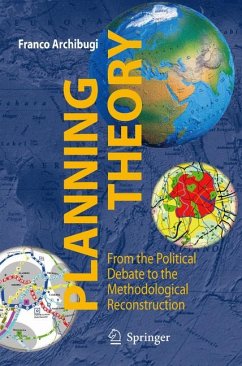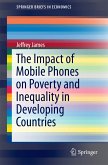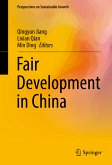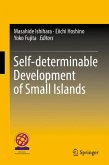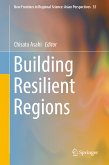On the basis of the hopelessness of improving the governance of managerial and political planning initiatives, planning theory has been reduced to a debate on planning itself; a debate that freezes planning as a permanently declining engagement. To oppose this, the present book aims to identify the essential guidelines of a re-launch of planning processes and techniques, configuring a kind of neo-discipline, called 'planology' by the author. This builds upon a multi-disciplinary integration (never seen and experimented with until now) of economic, environmental, and sociological approaches, a crucial element missing in previous unsuccessful planning attempts. The book expresses unease about the direction taken by the current analysis and criticism of planning experiences, both in the field of economics and in urban and regional planning.
Dieser Download kann aus rechtlichen Gründen nur mit Rechnungsadresse in A, B, BG, CY, CZ, D, DK, EW, E, FIN, F, GR, HR, H, IRL, I, LT, L, LR, M, NL, PL, P, R, S, SLO, SK ausgeliefert werden.

